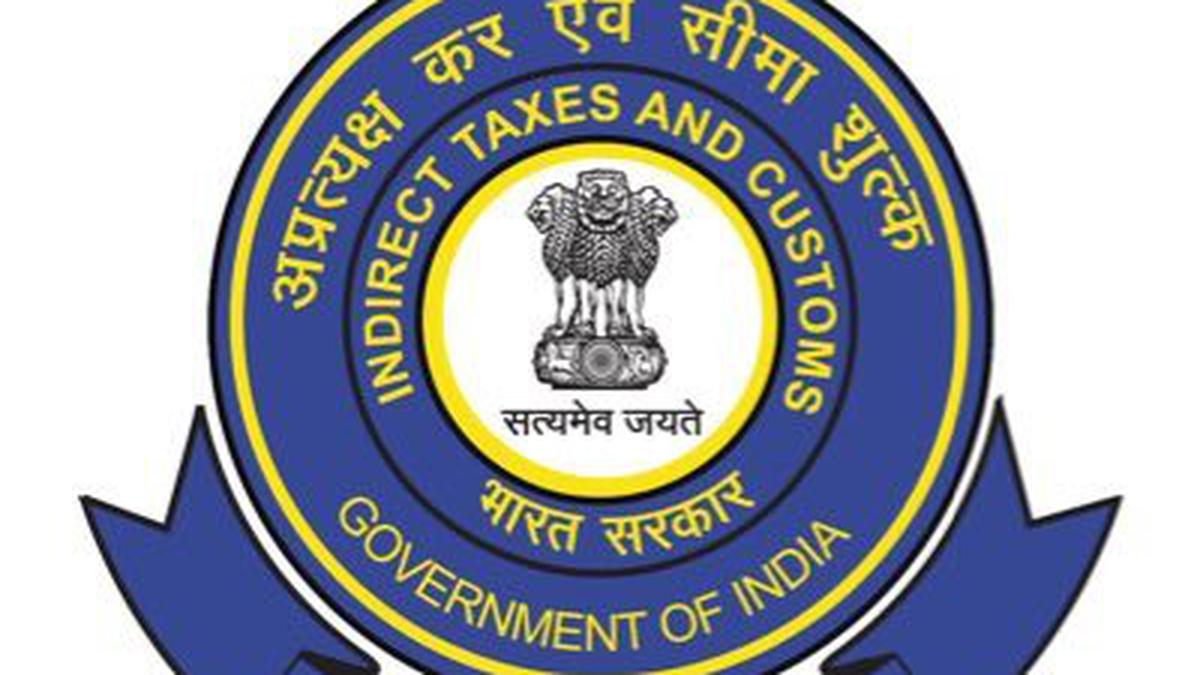Ahead of GST Appellate Tribunal’s launch, an SOP for investigations

The GST Investigation wing of the Central Board of Indirect Taxes and Customs deals with policy issues relating to enforcement actions such as search, seizure, prosecution and arrest. Photo: Twitter/@cbic_india
With Parliament clearing the decks for the establishment of Goods and Services Tax Appellate Tribunal to resolve rising disputes under the nearly six-year-old indirect tax regime, the Revenue Department is in the process of finalising a standard operating procedure (SOP) for officers undertaking intelligence and investigation work.
“With the legal landscape of indirect taxes getting transformed, the need arises to prepare a comprehensive manual and we are working out a codified set of instructions for officers to follow so as to minimise fresh disputes,” a top government official told The Hindu.
Legal challenges
The GST Investigation wing of the Central Board of Indirect Taxes and Customs (CBIC), which deals with policy issues relating to enforcement actions such as search, seizure, prosecution and arrest, is drafting the manual. It will include various SOPs and instructions for field formations to abide by, and will be published shortly, the official said.
Over the past couple of years, while the government has taken several steps to clamp down on tax evasion, the number of legal challenges mounted by taxpayers in various High Courts and the apex court have also been rising, in the absence of the dedicated GST Tribunal that were envisaged since the GST regime’s launch in July 2017.
Tech framework needed
“There will be sudden rush in filing of appeals once the tribunal is set up, and hence, a careful deliberation on investigation processes and the appellate bodies’ functioning, will help all stakeholders,” said Abhishek A. Rastogi, founder of Rastogi Chambers.
“It is hoped that this code will move ahead with a technology framework also and there will be clear guidelines for online filings, virtual hearings, online submissions, virtual tracking of matters, and transparency in listing,” he emphasised, noting that a pragmatic code will certainly help litigants.
Between April 2021 and November 2022, over 21,500 cases of GST evasion were booked by the revenue authorities, entailing an amount of almost ₹1.5 lakh crore. Of this, about ₹46,200 crore was realised and over 470 people were arrested.
For all the latest business News Click Here

